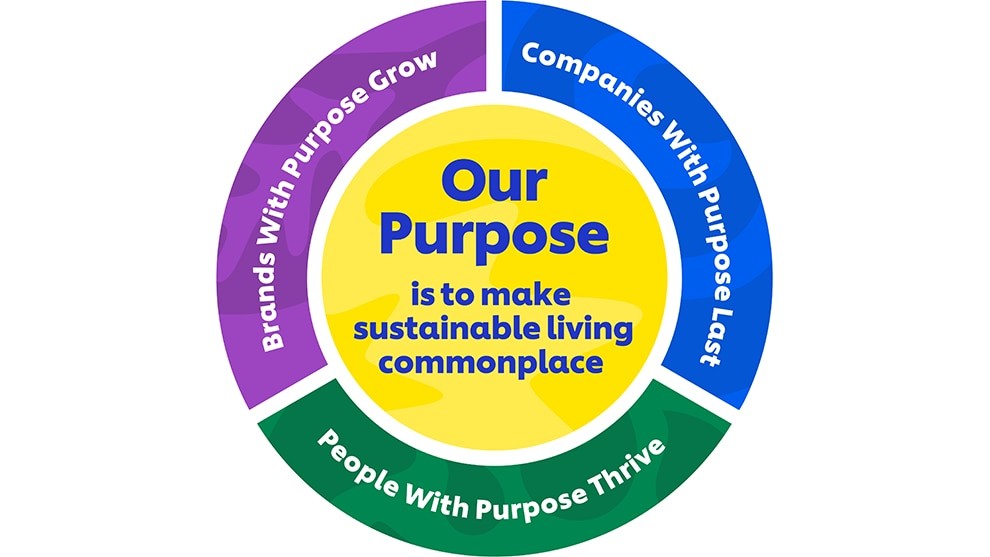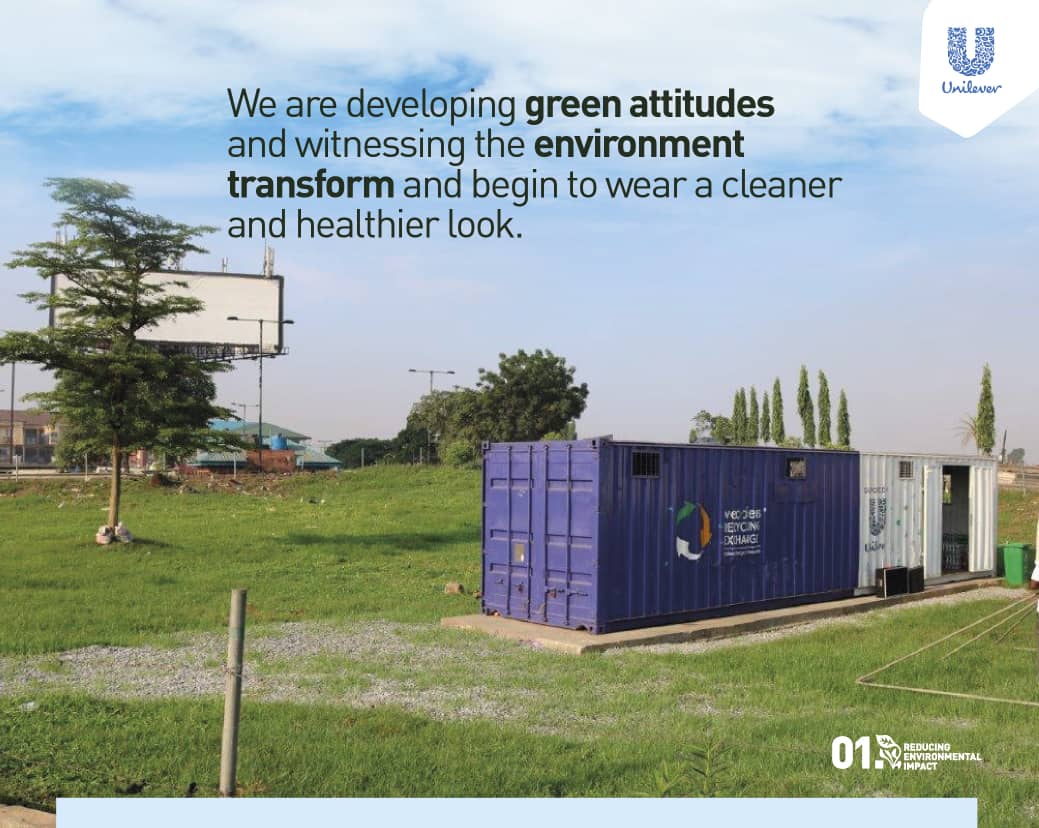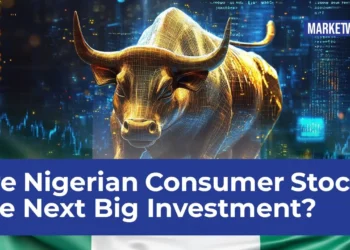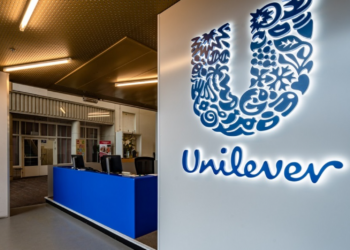Introduction
Purpose underpins our business. It is embedded into every part of the company to help us deliver our vision to be the global leader in sustainable business. Purpose drives our every action.
Over the years, we have demonstrated that caring for society and the environment are core to our strategic objectives at Unilever Nigeria. Operating in an emerging economy, we understand the enormity of the challenge of building a fairer and more inclusive society and caring for the environment. As a business, our purpose has fueled our long-term commitment to corporate sustainability. We are a company of brands and people with purpose, and we remain committed to using our assets to make sustainable living commonplace.
In 2021, we transitioned our sustainability strategy from the Unilever Sustainable Living Plan (USLP) to the Unilever Compass. The USLP, which served as our guide between 2010 and 2020, has been significantly successful in helping us to achieve our vision of making sustainable living commonplace. Globally and at the local market levels, we took action and supported communities in the areas of enhancing health and wellbeing, preserving the environment, and creating livelihoods. We are proud of what we have been able to achieve in Nigeria through various initiatives such as the Vaseline Healing Project; Pepsodent Brush Day and Night Nigeria; Knorr Force for Good; Lifebuoy Help a Child Reach 5; Recycle Exchange Programme, and the Sunlight Shakti Women Empowerment initiative.
Unilever Compass

The Compass is the strategy for the Unilever group to be a force for good through purpose and innovation. The Compass is founded on three pillars: Brands with Purpose Grow; People with Purpose Thrive; and Companies with Purpose Last.
The Unilever Compass corporate strategy puts serving our stakeholders at the heart of everything we do and outlines how we intend to make that ambition a reality.
The three action areas will deliver the highest possible value not just to us as a business but to all our stakeholders. This is why we are making them central to the Unilever Compass – our new, fully integrated corporate strategy.
The Compass very much builds on the past ten years of the USLP: the successes, the failures and the lessons learnt. It lays the pathway for us to realise our vision of being the leader in sustainable business globally – as well as to finally put to bed the debate of whether sustainability is good for business.
The Unilever Compass integrates the financial, environmental, social and governance dimensions of our business. The Compass forms the basis of our strategic choices in the coming years. The Compass is underpinned by existing business fundamentals of our operations, such as business integrity, safety at work; employee wellbeing; product safety and quality; responsible innovation; responsible advertising and marketing, safeguarding data; engaging with stakeholders, being responsible taxpayer; and our commitment to transparency. We have made stretching sustainable development commitments through the Compass.
Our commitments are built around three core pillars and eight sub-pillars. Our core pillars are, to improve the health of the planet, improve people’s health, confidence and wellbeing, and contribute to a fairer, more socially inclusive world. Our eight sub-pillars are focused on climate action, protect and regenerate nature, waste-free world, positive nutrition, health and wellbeing, equity, diversity, and inclusion, raise living standards, and future of work.
The Unilever Compass is our strategy to deliver growth that is consistent, competitive, profitable and responsible. Our business simply will not prosper without a healthy planet and society.
We’ve set out an ambitious sustainability agenda to tackle the issues that our consumers and stakeholders care deeply about – such as climate change, plastic pollution and inequality.
A case study: Our Climate Change Action
We have an ambitious plan to take us to net zero emissions by 2039. We’re transitioning to renewable energy across our operations, finding new low-carbon ingredients, expanding our plant-based product range and developing fossil-fuel-free cleaning and laundry products.
We’re using our influence to accelerate progress in other areas of our value chain. Our brands are working to reduce the impact of our products when used by consumers. And we’re calling on governments, businesses and other partners to raise their ambitions and join the race to zero emissions.
Plastic Pollution – The Circular Economy
Nigeria generates about 32 million tonnes of solid waste every year, of which 2.5 million tonnes are plastic waste. Most of these wastes, including plastic and non-plastic waste, end up in landfills, drainages, and water bodies. The Federal Ministry of Environment and the state’s counterparts have taken measures to improve waste management, and some businesses are geared to support the government’s efforts.
Unilever is equally taking action on plastic across our business using our framework: Less plastic. Better plastic. No plastic. Globally, we are committed to ensuring that all our plastic packaging is reusable, recyclable, or compostable. We want to collect and process more plastic than we sell by 2025, reduce virgin plastic by 50 per cent and have 100 per cent reusable, recyclable, or compostable plastic packaging by 2025. These commitments are been adopted locally.
Strategic partnerships lie at the heart of our efforts to drive transformational change in our society. Unilever Plc has been supporting the efforts of social enterprise, Wecyclers, to collect and recycle waste since 2014. In 2019, we signed a 3-year partnership to collect and recycle plastic waste from the environment that was the equivalent in volume to what we produce and sell using community kiosk models. We have since extended our collaboration with Wecyclers, with support from TRANSFORM, to create plastic collection and recycling franchises around the country. These partnerships created jobs in 2021 and the subscribers to our community kiosks collection model are earning more than the national minimum wage monthly from exchanging their plastics waste.
Conclusion
The business case for growing our company sustainably is compelling. Consumers expect it, and it drives innovation and market development, reduces risks, saves money, avoids costs, creates growth, and inspires the people who work for our business. So, this is not just about doing good; it is also about doing well.
It is worth reiterating that we’re a company of brands and people with a big purpose: to make sustainable living commonplace. We want to push our business – and the way business is done – further than ever before.
We believe that we urgently need to bridge the divide to a fairer, more socially inclusive world. A world where we all live with, rather than at the expense of, nature and the environment.
We still have time to act. But we don’t have time to waste.



















